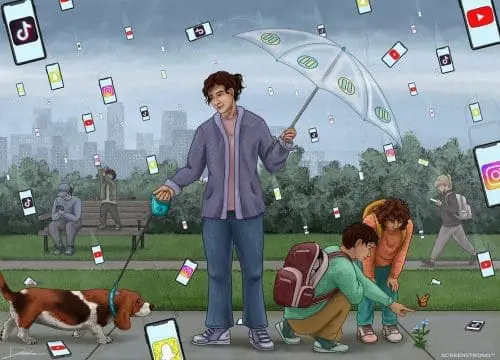What Does March Madness Have to Do with Homeschool?
by Marna Walthall Wohlfeld, https://ghflearners.org/
Some of you may not be basketball fans or even care about March Madness. I was one of you…. until I moved to Indiana. There is a saying here, “In 49 states, it’s just basketball . . . This is Indiana.” When in Rome, one might say. But, I’m not that easily swayed. I lived in Alabama most of my younger life and never got into football, which is pretty much a religion there. Here’s the difference: I fell in love with the IU Women’s Basketball Team. And I’ll tell you why. The coach is phenomenal. The players are respectful of one another and work super hard. They have each other’s backs. They play super smart basketball and are really fun to watch.
I followed the Hoosier women all season long, cheering them on their way to the NCAA tournament. In the Sweet Sixteen, they went up against USC, the top seeded team in the country, the team that ultimately won the national title. Indiana played one of the very best games against USC of any team all season long and any team in the tournament, including Iowa with the fabulous Caitlin Clark. Down by 22 points at one stage in the game, the IU team won the second half, brought the score to within 2 points and then lost at the very end. It was a heartbreaking underdog moment.
After the game, the IU coach and top players were interviewed. What really struck me was the way the players talked about their coach and how much respect they had for her AND the answer the coach gave when she was asked what her main objective was in working with her team. Coach Moren said her goal was to create and maintain strong relationships with all of her players. Through this connection, she felt that she could best support them in becoming not only the best basketball players they could be, but also the best people they could be. Her goal is for her players to stay with her for their whole collegiate careers, graduate, and go on to succeed in whatever they choose to do in life. In a college sport that has become notorious for players transferring from one school to another at the drop of a hat, the way Coach Moren retains players and motivates them to work hard is to create and maintain strong relationships with them.
Shortly after I watched this interview, I read the article the Washington Post ran about the LSU women’s coach, Kim Mulkey, who led her team to NCAA victory last year. The article was a bit sensationalistic. It contained verbiage that was later removed for being offensive. Mulkey claimed the story was “all lies.” Clearly a talented and dedicated coach, with multiple national championships in her track record, the story was perhaps unfair to Mulkey. The things that stood out to me, though, were the examples her former players gave of how Mulkey motivated them. She humiliated one player in front of her team in order to shame her into working harder and meeting her potential. How many of us are familiar with coaches (or teachers, or parents, or instructors of any type) who use this tactic?
Juxtaposing these two news pieces and these very different styles of coaching gave me a good opportunity to consider my own values as a home educator and a parent. As home educators, we are often more like coaches than teachers. We look at our kids’ strengths and how they want to play/learn and try to coordinate the coaching and training they need to play/learn at their highest potential. Sometimes pushing too hard or pushing in a way that jeopardizes our relationship with them, even if it garners results in the form of accomplishments, may not be worth it.
Particularly for gifted/2e kids, connected relationships with trusted adults can be critical for helping them engage with subject matter, projects, and creative processes. G/2e kids are often highly sensitive with vulnerable nervous systems; they can be perfectionistic and easily discouraged; they may experience anxiety when trying something new; they may be easily distractible, or so hyper-focused they have trouble transitioning from one thing to the next. A connected adult presence can be super important for their learning. With kids who like to work and explore on their own, with those who struggle to form relationships due to their wiring, or with those who are entering the tween and teen years and are on a developmental timeline of pulling away from their parents, fostering and maintaining connections with them may be challenging. Just because it’s hard doesn’t mean it isn’t important.
Research from relational neuroscience has shown that human connection is a biological need for all humans, even grouchy homeschooled teenagers. Experts who understand gifted/2e kids recommend that adults try to meet their kids where they are no matter what stage of asynchronous development they are in, no matter whether their subjects of interest are things that the parents enjoy or appreciate, or whether caregivers communicate verbally with their kids or simply sit near them so their kids know they are there.
True motivation occurs when a person is intrinsically driven to learn something they are curious to know or when they practice something because they want to master a skill they are excited to use. Offering our kids positive coaching that centers on connection and support can foster their intrinsic motivation. As home educators, we can choose to be any type of ‘coach’ that we want to be. This season, I’m looking to IU’s Coach Moren as my role model – someone who values relationships and connection in order to help kids grow into supported, self-motivated, and confident humans.





